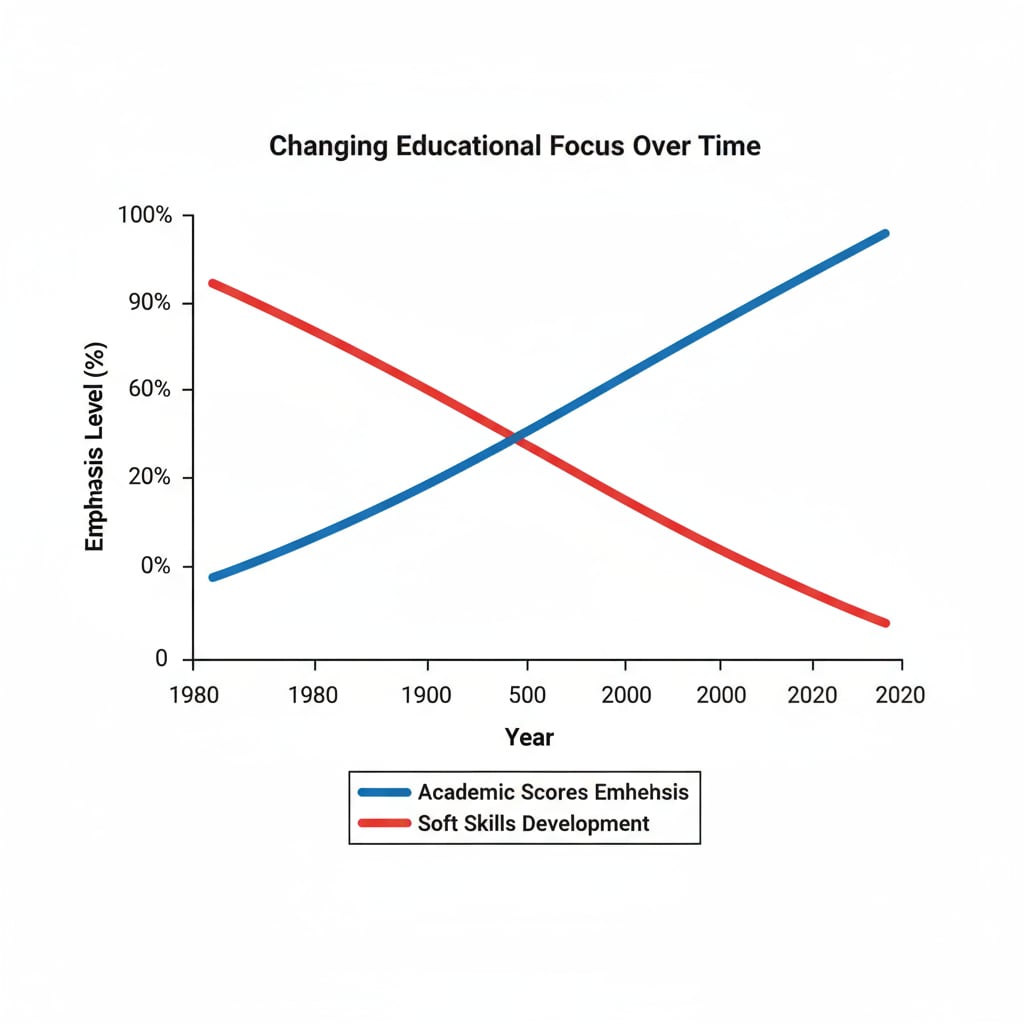In the realm of secondary education, the emphasis on academic achievements frequently relegates the development of soft skills, especially critical thinking, to the sidelines. This imbalance not only hinders students’ overall growth but also fails to adequately prepare them for the complexities of the real world. Soft skills, such as critical thinking, communication, and teamwork, are essential for success in both personal and professional spheres. However, in today’s educational landscape, they are often sacrificed in the pursuit of high test scores and academic honors.

The Root Causes of Soft Skills Neglect
One of the primary reasons for the neglect of soft skills in secondary education is the high-stakes testing culture. Schools and educators are under immense pressure to produce good academic results, leading to a narrow focus on content knowledge rather than the development of broader competencies. Standardized tests often measure only rote memorization and regurgitation of facts, leaving little room for the assessment of soft skills like critical thinking. As a result, teachers are inclined to teach to the test, sacrificing valuable time that could be dedicated to fostering these essential skills.
In addition, the traditional curriculum design in many secondary schools is outdated and does not adequately incorporate soft skills training. The curriculum is often structured around academic subjects, with limited opportunities for students to engage in activities that promote critical thinking, teamwork, and problem-solving. For example, project-based learning, which is an effective way to develop these skills, is not as widely implemented as it should be.

The Importance of Soft Skills in Secondary Education
Soft skills play a pivotal role in a student’s development. Critical thinking, for instance, enables students to analyze information, question assumptions, and make informed decisions. In an era of information overload, the ability to think critically is crucial for students to navigate through vast amounts of data and distinguish between reliable and unreliable sources. Teamwork skills, on the other hand, prepare students for collaborative work environments, which are prevalent in the modern workplace. By working together with their peers, students learn to communicate effectively, resolve conflicts, and leverage each other’s strengths.
Moreover, soft skills contribute to students’ emotional intelligence and social development. They help students build relationships, understand different perspectives, and develop empathy. These skills are not only important for success in school but also for leading a fulfilling and well-adjusted life.
Strategies for Integrating Soft Skills into Secondary Education
To address the neglect of soft skills in secondary education, several strategies can be implemented. Firstly, educators should adopt teaching methods that promote critical thinking. This can include incorporating open-ended questions, debates, and case studies into the classroom. For example, in a history class, instead of simply asking students to memorize dates and events, teachers can pose questions that require students to analyze the causes and consequences of historical events, encouraging them to think critically.
Secondly, schools should increase the use of project-based learning. Projects provide students with opportunities to work in teams, solve real-world problems, and develop a range of soft skills. For instance, a science project that involves conducting experiments and presenting findings can enhance students’ teamwork, communication, and critical thinking skills.
Finally, professional development for teachers is essential. Teachers need to be trained in how to effectively teach and assess soft skills. By equipping teachers with the necessary skills and knowledge, schools can ensure that soft skills are integrated seamlessly into the curriculum.
In conclusion, the neglect of soft skills, especially critical thinking, in secondary education is a concerning issue that needs to be addressed. By understanding the root causes and implementing effective strategies, we can reshape secondary education to better prepare students for the challenges of the 21st century. It is time to move beyond the narrow focus on academic scores and embrace a more holistic approach to education that nurtures students’ soft skills as well as their academic knowledge.
Readability guidance: This article uses short paragraphs and lists to summarize key points. Each H2 section provides relevant details. The proportion of passive voice and long sentences is controlled, and transition words are used throughout to enhance readability.


